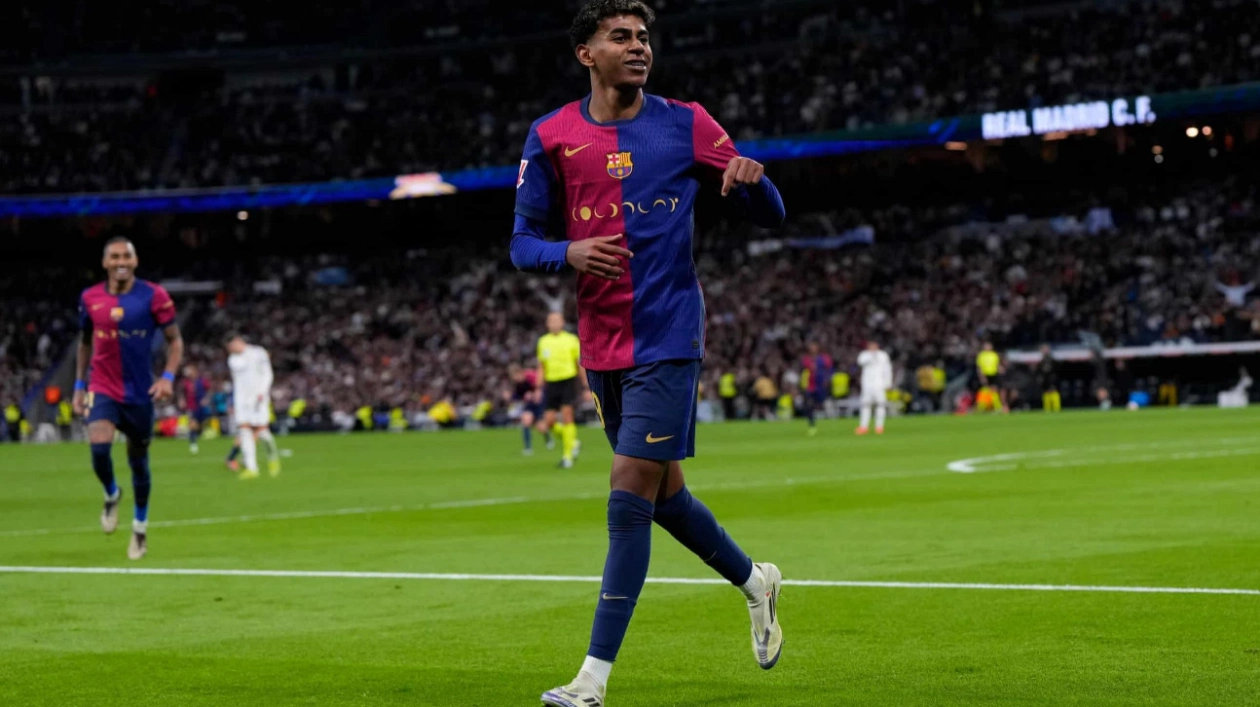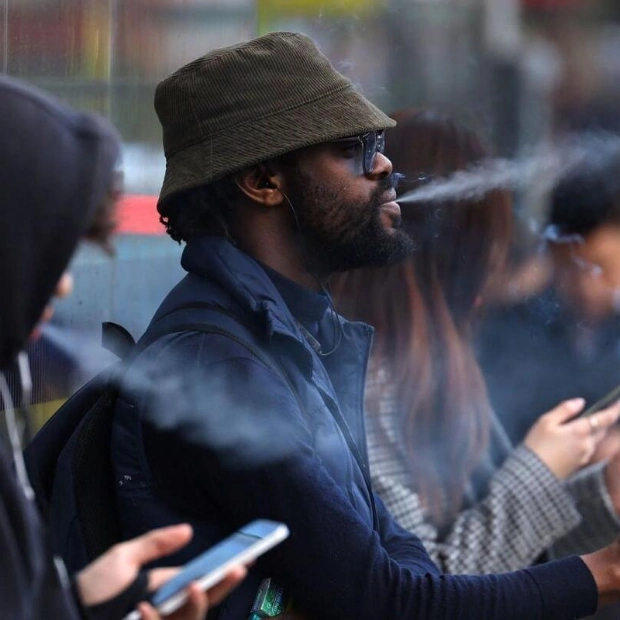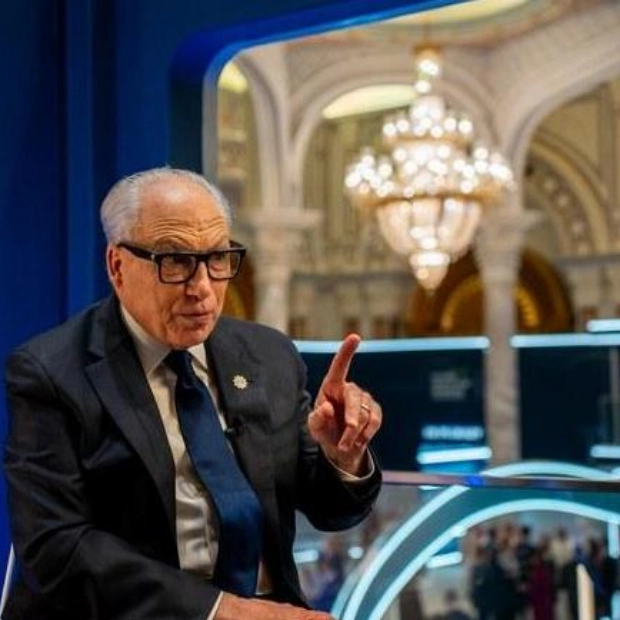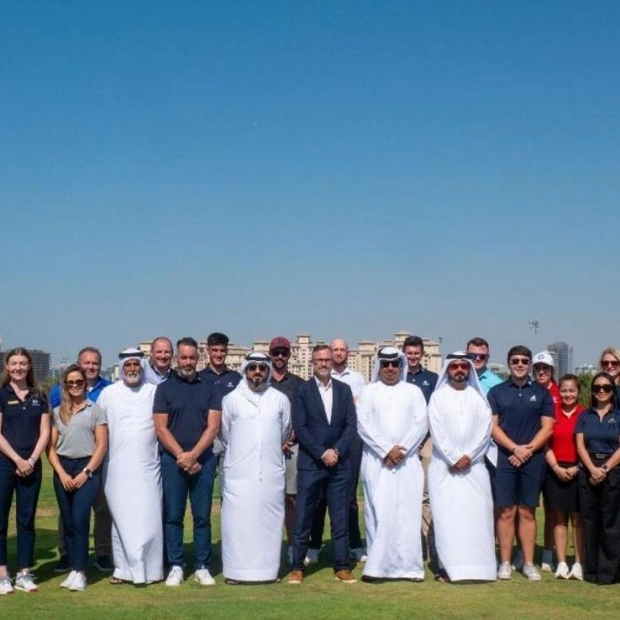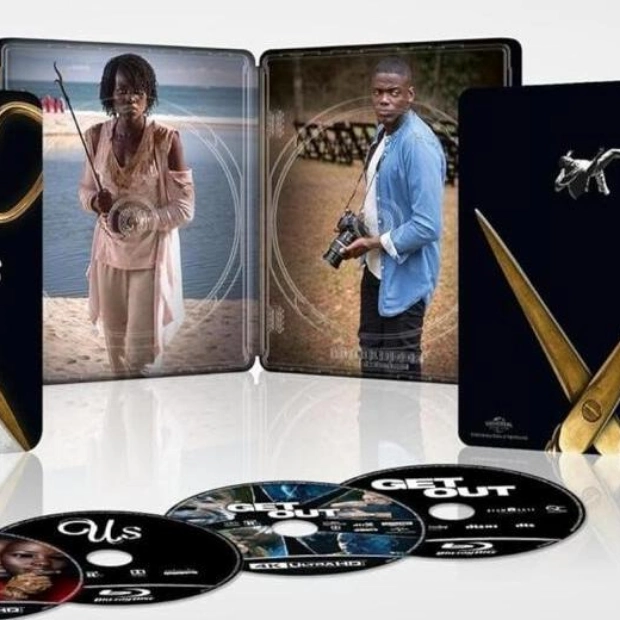A young boy sporting blue and red train-track braces, reminiscent of Barça's colors, conquered the seemingly invincible giant. He stood tall with his friends in a place where others crumble. With just 13 minutes remaining in the season's inaugural clásico, marking the dawn of a new era not meant for them, Lamine Yamal Nasraoui Ebana bared his teeth.
He pointed at his shirt, danced with Alejandro Balde, and celebrated with four distinct moves, starting with a calm declaration: 'I'm here.' Smiling in the south-west corner of the Santiago Bernabéu, the ball nestled in the net for the third time, securing victory and etching history. Perhaps a new future was being written too.
As teammates converged on Lamine, Marc Casadó on the opposite side of the stadium attempted to hoist coach Hansi Flick into the air. In the directors' box, president Joan Laporta, seated to the left of Real Madrid's, Madrid region's, and senate's presidents, struggled to contain his excitement. A wink at a Barcelona fan waving a scarf below revealed his inner fervor. To Lamine's right, Madrid midfielder Eduardo Camavinga passed by, still heading to the bench after being substituted, witnessing the goal that sealed the match.
Behind him, some fans hurled abuse. One shouted, 'Go sell hankies at traffic lights.' Lamine's response was implicit: 'How about I do this instead, you racist fools.' When asked what Madrid players said about his goal, Lamine quipped, 'They didn’t know I had a right foot,' having just used it to propel the ball past Andriy Lunin, effectively ending the clásico.
Most Madrid fans sat stunned, though many headed for the exits. By the time Raphinha scored the fourth, a third of the 78,192 attendees had departed. The match was over: no epic Madrid comeback, no collapse of their victims. At 2-0, there might have been a chance, but not now. Madrid, undefeated at home for 18 months and on a 42-game La Liga streak, was beaten. The team that had won seven of the last nine clásicos and signed Mbappé was defeated.
In a stadium where concerts are prohibited, Barcelona delivered a recital. 'A festival,' AS called it. 'A bath,' Marca said; 'a battering,' El Mundo Deportivo termed it, one to be celebrated. Asked about the music in the dressing room, Lamine laughed, 'Some of them are quite old.'
Barcelona has a history of big wins at the Bernabéu. Since 2006, there have been three 3-0s, a 2-3, a 3-4, and a 2-6. This was the third 4-0 since 2015, yet no one expected this. Flick has transformed everything, making Barcelona the best team in La Liga. 'He has changed the dressing room radically,' Lamine said. 'We have a lot of respect for him, and it’s earned naturally. He’s an amazing coach.'
Raphinha, who felt unwanted by former coach Xavi, has become one of Spain's best players, with nine goals and six assists. Robert Lewandowski, also not favored by Xavi, has scored 12 goals in 10 games. Dani Olmo, the signing Xavi requested, was superb before injury. Marc Bernal, brought into the team, has been a revelation at 17. Together, they form the best team in Spain, faster and harder working than ever before.
Barcelona began the week atop the table, having lost just once all season. They scored more league goals than any other European team and forced more offsides. Despite this, Bayern Munich and Real Madrid were expected to pose different challenges. Instead, Barcelona scored four against both. Against Madrid, they added 12 more offsides, a tactical trap that ensnared Mbappé and Vinícius.
Barcelona played their way, embracing risks. 'It’s dangerous to play like that, but it works,' Peña admitted. 'You need balls,' Casado said. Frenkie de Jong's halftime entry gave them control, changing the game. Despite Madrid's chances, the match ended perfectly.
Dani Olmo's return, Peña's opportunity to prove himself, and Gavi's recovery added to the narrative. Flick's disbelief at Lewandowski's missed open goal didn't cost them. They had done it their way, with six under-21s in the starting XI and eight La Masia graduates playing.
With a backup goalkeeper and a defender who is 17, they faced Vinícius and Mbappé. Fermín López, on loan at third-tier Linares a year ago, and Casado, a central midfielder unknown two months ago, were key. Flick made sense of it all.
Second-half goals embodied the new, direct Barcelona: two from Lewandowski, one from Raphinha, and another from the 17-year-old, the youngest clásico goalscorer, standing at the Bernabéu with a twinkle in his eye.
Source link: https://www.theguardian.com
